Key Takeaways
- The unique features and storylines in older games like Legend of Legaia still shine today.
- Final Fantasy 7 enduring legacy is validated by its remake; the game’s Materia system and engaging endgame side quests provide a timeless experience.
- Classics like Suikoden and Tactics Ogre stand out with unique mechanics and darker storylines, proving their enduring value in modern JRPG gaming.
Most RPGs thankfully do not have to contend with aging controls thanks to their turn-based nature, making them more accessible to newer generations in this respect. However, they age in a myriad of other ways. Older JRPGs from the 1990s lack many modern quality-of-life conveniences or force the player to grind in order to become strong enough to progress through the story.
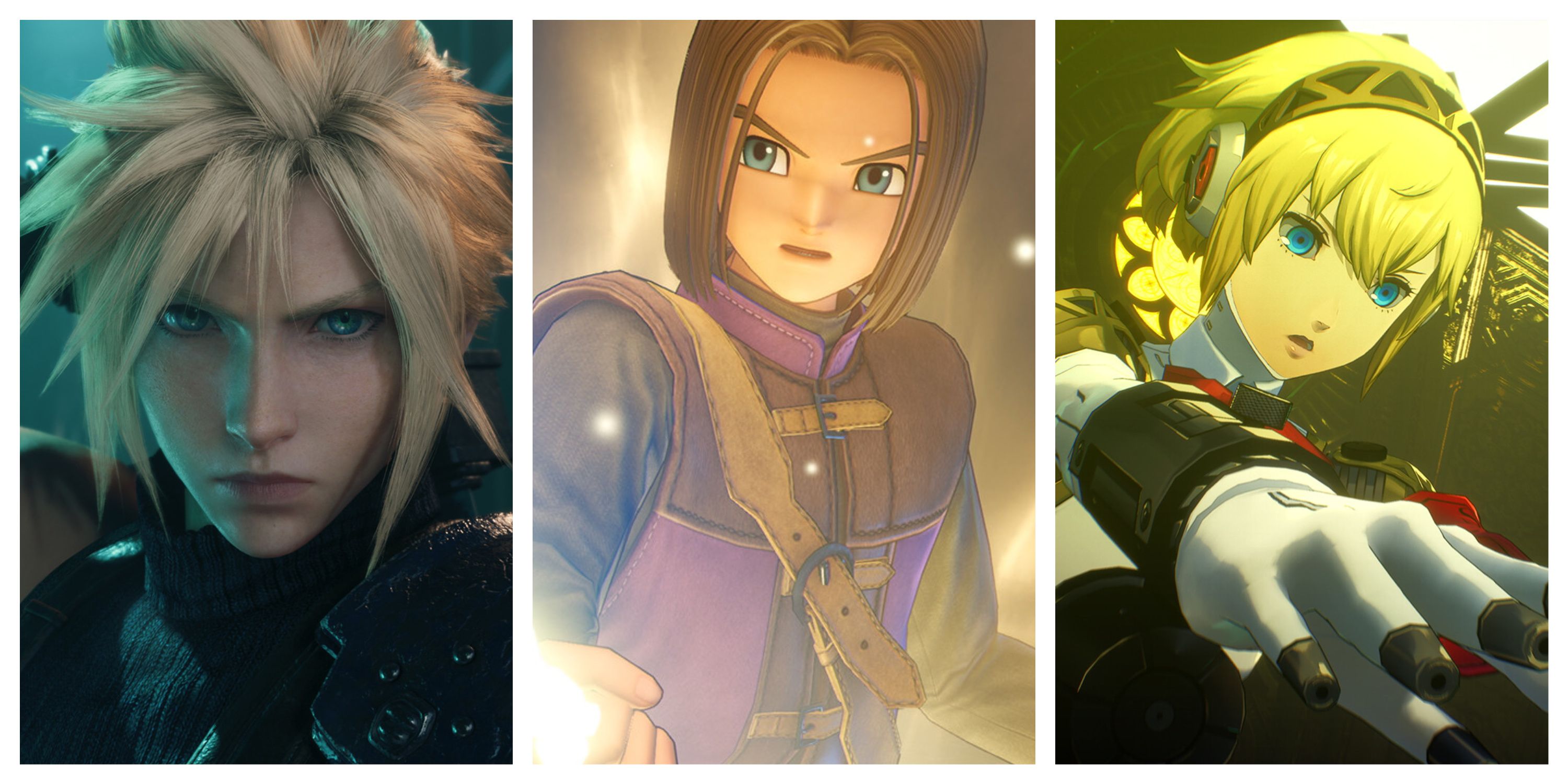
Related
10 JRPGs With The Best Party Member Interactions
Party members are the lifeblood of many classic JRPGs. These games exemplify that fact by featuring the genre’s best party member interactions.
Thankfully, the RPGs detailed below are still fantastic experiences today, even if they do not have the graphical prowess behind them that modern games do. These blasts from the past can also be a reminder of a special charm some games no longer have.
8 Legend of Legaia
A Unique Battle System No Other Game Uses
Legend of Legaia’s main gameplay hook is the combat system influenced by fighting games. Instead of a basic attack, every character’s turn consists of a combination of punch and kick inputs. Put in the right combination and players will unleash a special attack. The fact that this system has never been replicated makes it worth playing today already.
The story also has a unique twist on the standard hero’s journey through a dangerous world to rid it of evil. A dangerous mist covers the land that makes monsters dangerous and corrupts humans. Players first pass through a mist-infested town and see the townspeople’s suffering, then see them revert back to a human form once they revive the nearby Genesis Tree that clears up the mist.
7 Final Fantasy 7
A Legend That Lives Up To Its Reputation
- Released
- January 31, 1997
- OpenCritic Rating
- Strong
There is a ton of information out there on why Final Fantasy 7 is one of the greatest games ever made. The remake trilogy is not evidence that the game no longer holds up. It is a validation of its legacy. JRPGs still mix elements of science fiction into their worlds, but few do it in such a way that so closely touches on real-world environmentalist themes and corporate greed.
Progression is also pretty smooth as long as players do not run away from battles. The Materia system adds a level of customization to the party. Party members have their predetermined strengths and weaknesses, but everybody has access to the same abilities through the Materia players can fit into the characters’ weapons. Western RPGs always prioritized a fully customizable party, but it was not common in JRPGs, especially in the mid-1990s.
The last boss might prove a particularly difficult fight, but the endgame is filled with enough side quests to make training to a higher level engaging and fun.
6 Suikoden
A Massive Roster Of Characters
Suikoden
- Released
- December 15, 1995
Suikoden’s graphics are nothing to write home about. They were not anything special when it came out in 1995 either. This works to its advantage today, however, since the game never strived to wow players with visuals. Instead, players are compelled by the unique gameplay of recruiting up to 108 party members to their side.
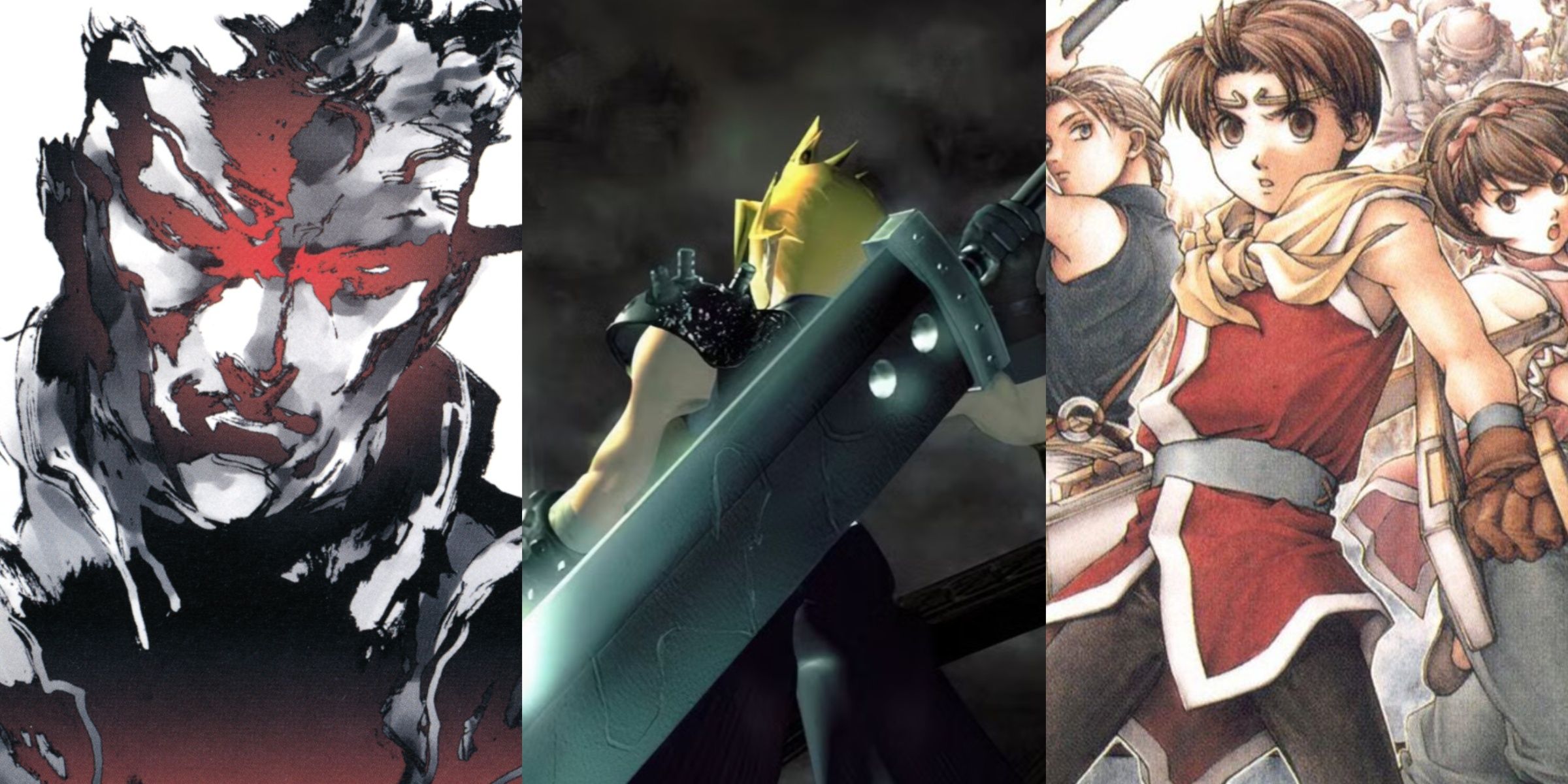
Related
8 PS1 Games With The Best Storylines
The PS1 featured games that told epic stories; here are some of the best on the system.
The battles themselves also support six party members simultaneously instead of three or four, a switch from the traditional line of party members people were used to seeing at the time. They are set up in two rows, adding an element of strategy to party composition and where they are placed. The 2024 spiritual successor, Eiyuden Chronicle: Hundred Heroes, that was boosted by a successful Kickstarter, shows that the game’s mechanics have a place in modern gaming.
5 Tactics Ogre: Let Us Cling Together
A Dark Storyline Better Than Most Modern JRPGs
Tactics Ogre: Let Us Cling Together (1995)
In the 1990s JRPGs were stretching out of their comfort zone and striving to tell darker stories. Still, a lot of them boiled down to stopping an ancient evil. Tactics Ogre: Let Us Cling Together opts for a darker, more grounded plot with political intrigue, betrayal, and moral questions about how far the player is willing to go for their cause.
Players make a variety of choices that change both the ending and other scenes throughout. Even as RPGs started embracing darker stories and indulged in violent imagery, Let Us Cling Together’s drama still has value. Seeing a pixelated character take their own life because they lost faith in humanity is far more impactful than most violent scenes in cutting-edge games of today.
4 Phantasy Star 4
Science Fiction JRPG With Endless Charm
Phantasy Star 4
- Released
- December 17, 1993
The Phantasy Star series was more than a consolation prize to Sega Genesis owners who could not access Final Fantasy on their consoles. The series was unique in its own right with a focus on the cosmos as opposed to a medieval-inspired setting. The gameplay is intuitive, the characters are jolly and feel like friends to the player, and navigation is easy to understand. It is also relatively short for the genre, so it never overstays its welcome.
Phantasy Star 4 is one of the most refined 16-bit RPGs before the newer generation started experimenting with the format, like how the 2002 Resident Evil GameCube remake was the perfect example of that type of survival horror before the genre evolved. Their polish makes them hold up to the best the genre has to offer today.
Upon release, a
Phantasy Star 4
cartridge cost $99 in the US.
3 Parasite Eve
Survival Horror Meets JRPG
Parasite Eve is part JRPG and part survival-horror, a combination that has rarely been tried before or since. The look of it alone helps it stand out from the pack. The game takes place in New York City and players control Aya Brea, a far cry from the teenagers or destined heroes for which the genre is known.
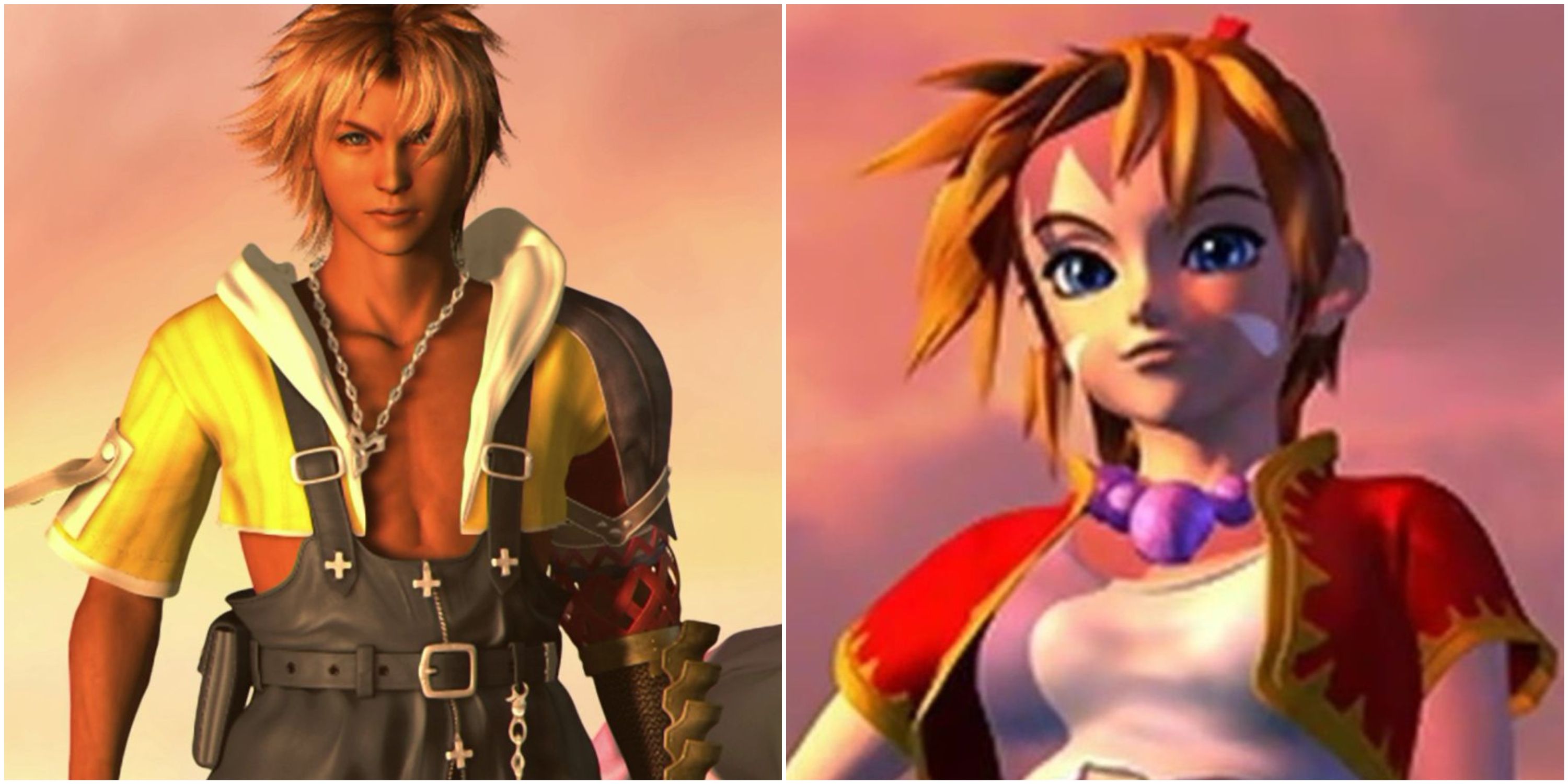
Related
7 Best Leveling Systems In JRPGs, Ranked
These are some of the most innovative leveling systems in JRPGs.
The combat system mixes real-time elements with turn-based attacks, something that would only be more standard more than a decade later in JRPGs. The environments are smaller than the average JRPG, but players are encouraged to explore every nook and cranny for items and equipment.
2 Super Mario RPG
Mario In A Whole New Genre
Some Super Mario collaborations are so wild they just have to work. Nintendo worked with Squaresoft to make Super Mario RPG. The game is a tried and true example of the genre, but platforming still has its place in the adventure.
The isometric camera lets payers see the Mushroom Kingdom and its characters in a way they never had before. The combat is familiar but includes timing-based mechanics to make each hit an engaging minigame. Even with the other RPGs starring the plumber since then, nothing has ever really felt like Super Mario RPG.
1 Chrono Trigger
A Beautiful Time-Travel Journey
Chrono Trigger has stuck in gamers’ minds since its 1995 release for good reason. Its story deals with the implications of time travel and the ability for it to ruin existence. The game world is small, but players experience it in several different historical periods, dating back to prehistoric times and going all the way into a ruined future.
On the surface, this sounds like a fun jaunt through space-time, but there is a melancholic undercurrent throughout the whole game that helps it feel fresh and prevents its older sensibilities and writing from feeling quaint. The multiple endings and the ways to get them also feel modern.

More
8 Best JRPGs Where You Start With Nothing
While JRPG heroes typically start out with at least their game’s weakest gear available, these JRPGs start their players out with absolutely nothing.
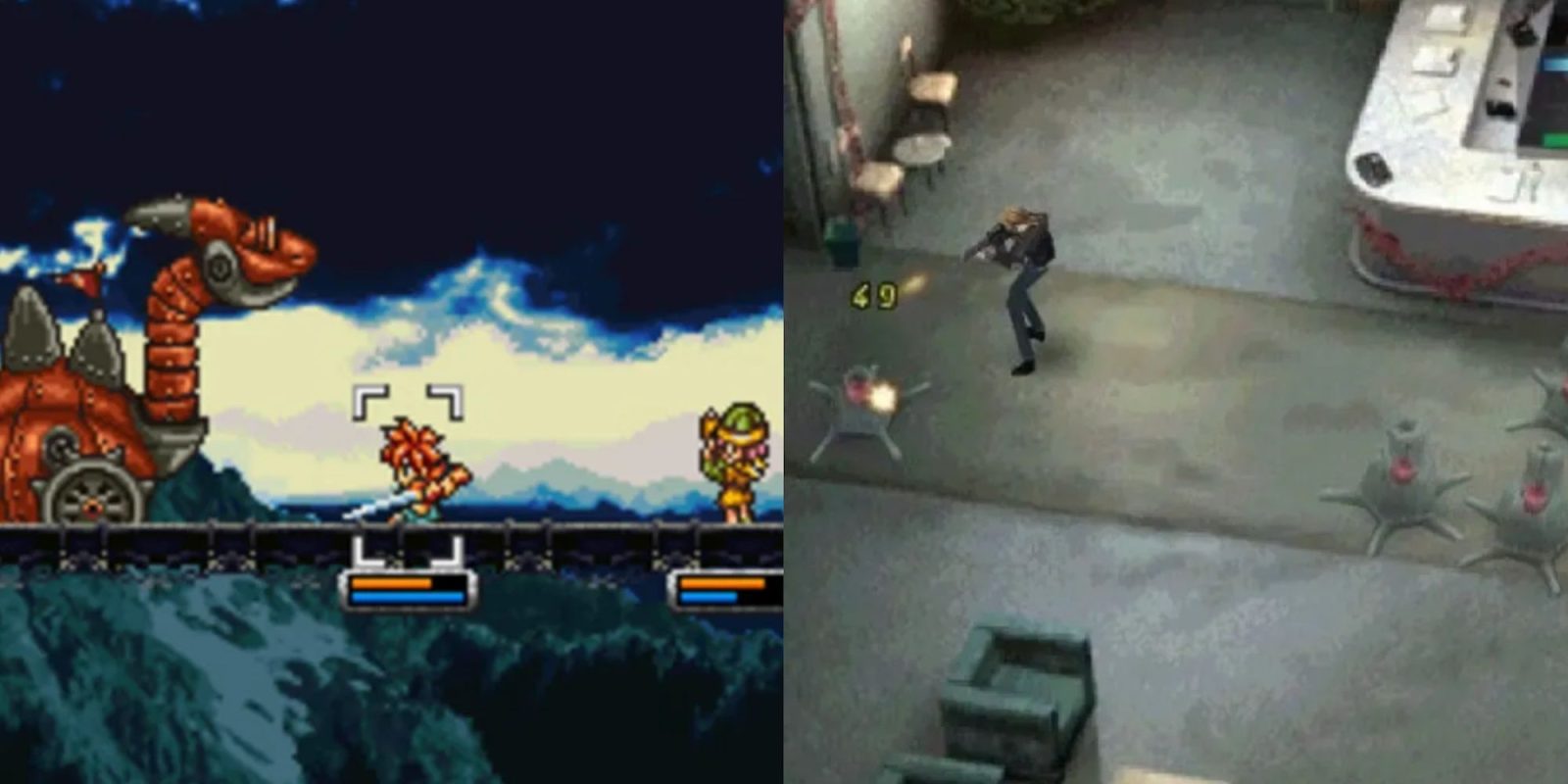
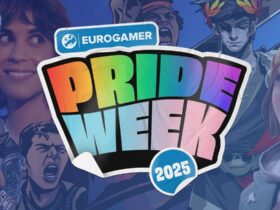

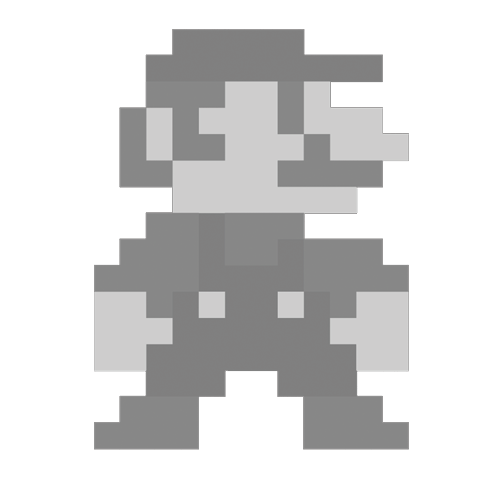
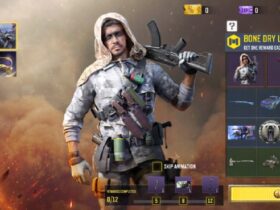


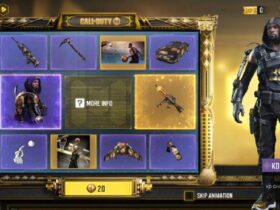

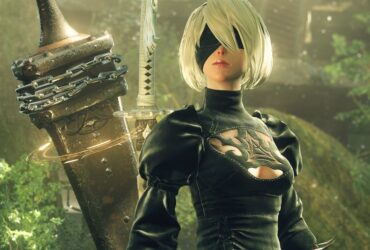




Leave a Reply